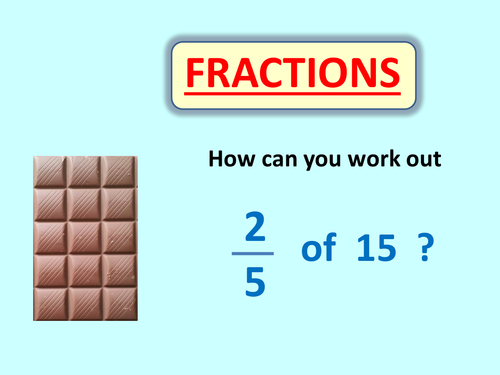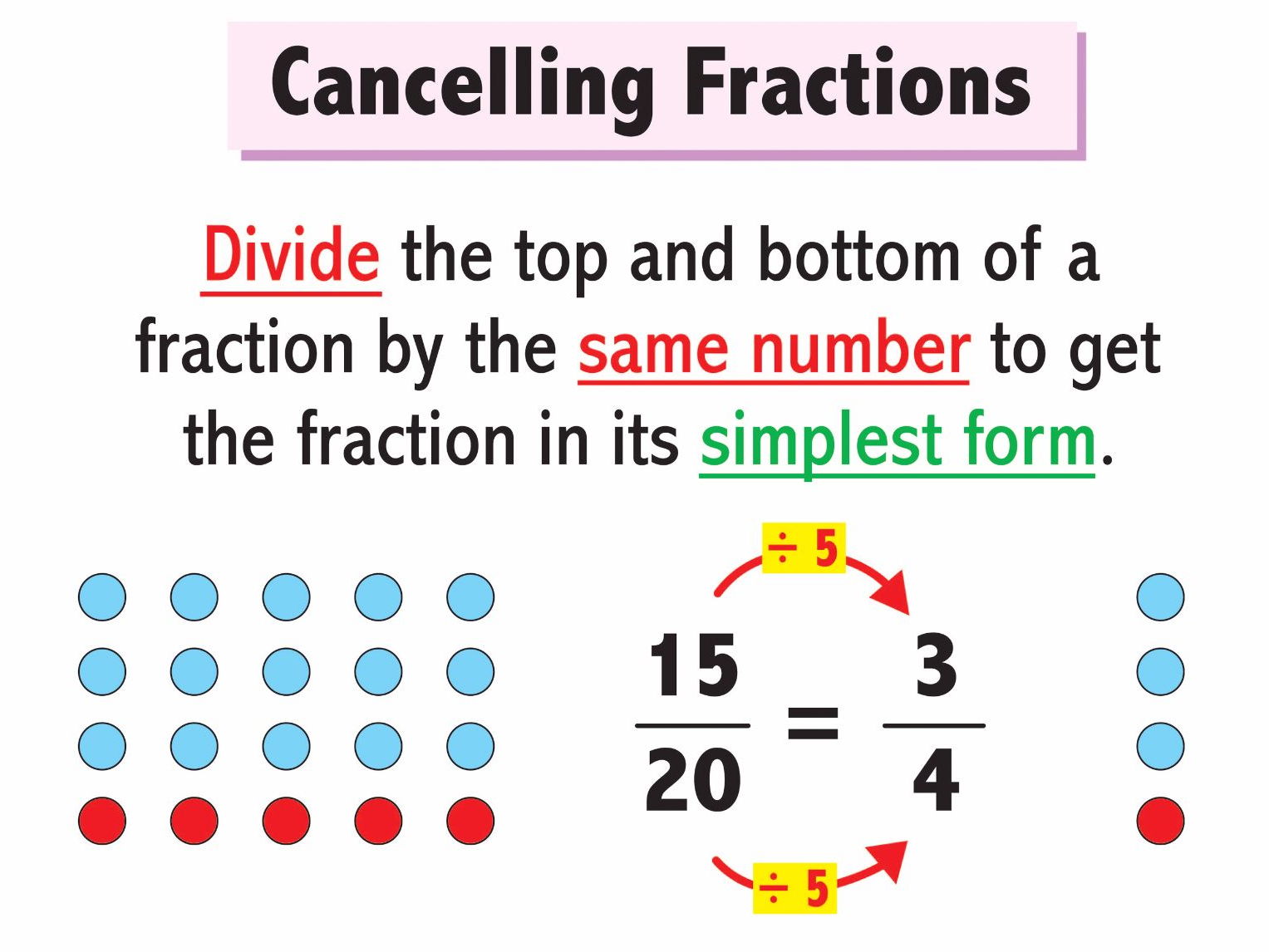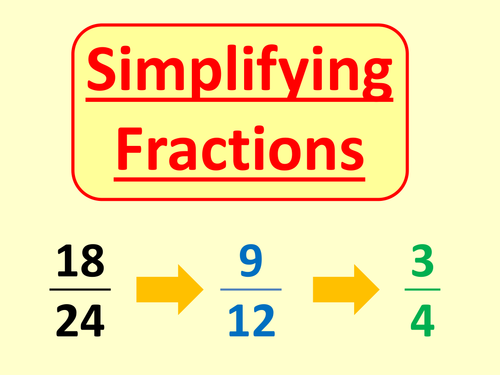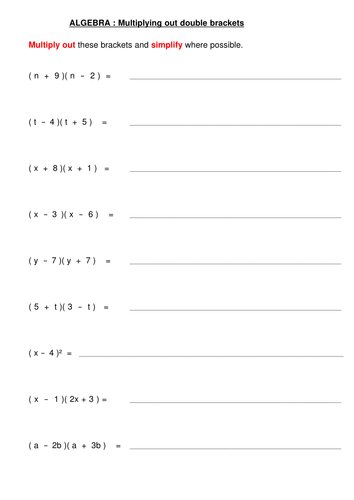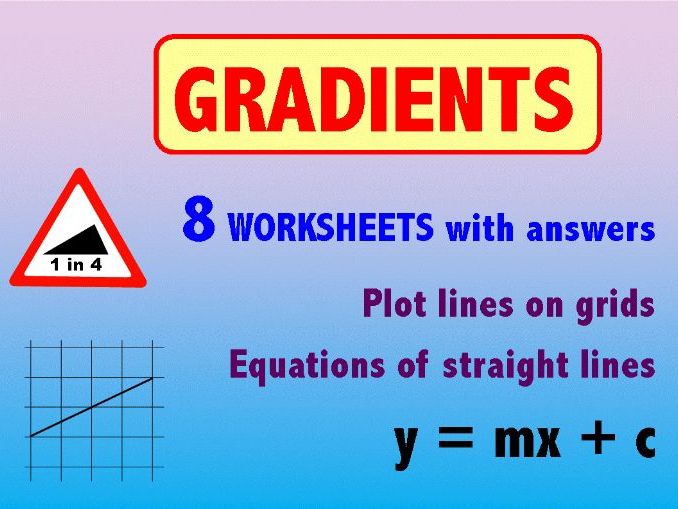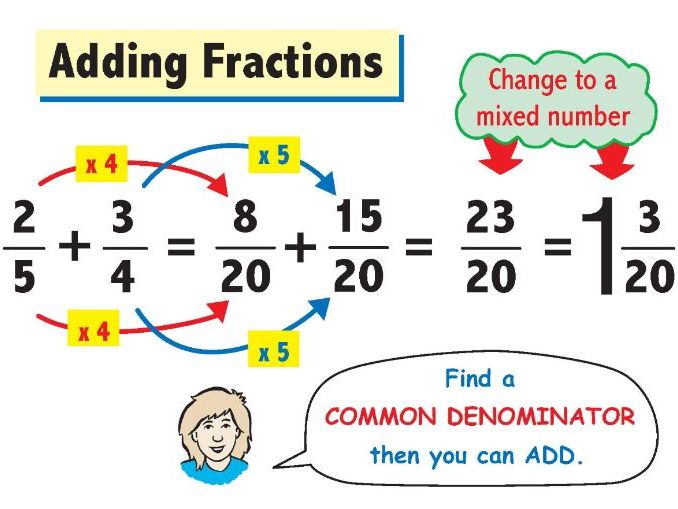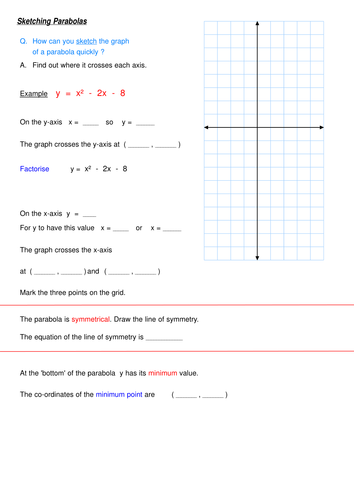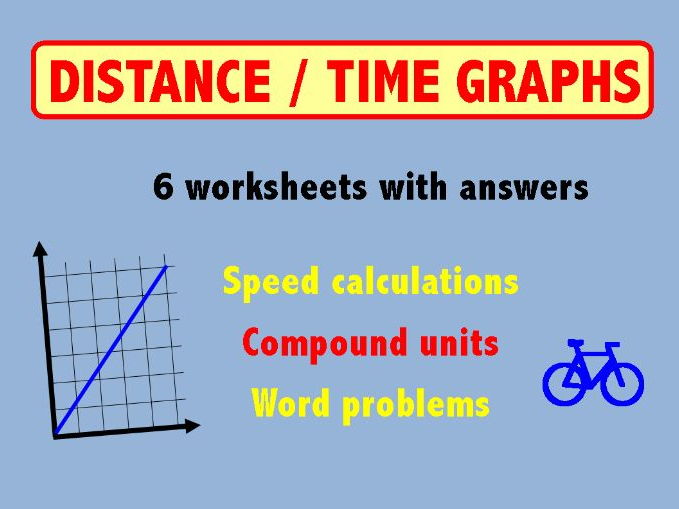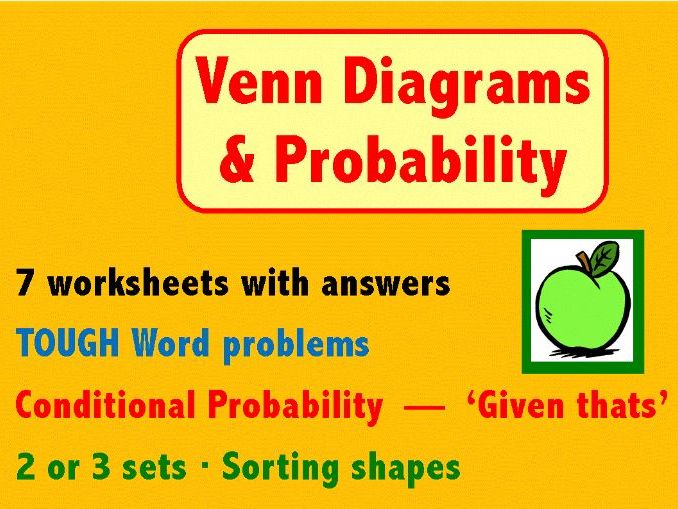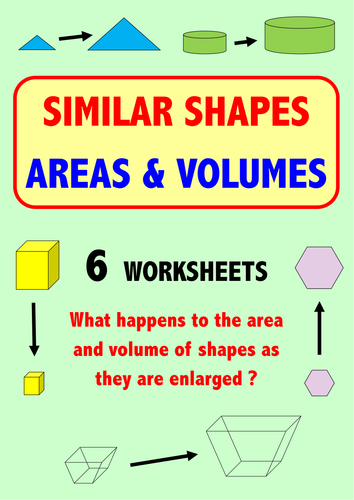SKILLSHEETS
These resources are designed to get students to understand properly the topic they are working on. The sets of worksheets include a lot of repetition and are useful for teaching a topic or revision . Some of my resources are at a very basic level and are written for older teenagers and adults. If you like my style please send me suggestions of topics that you would like to see a resource created for.





